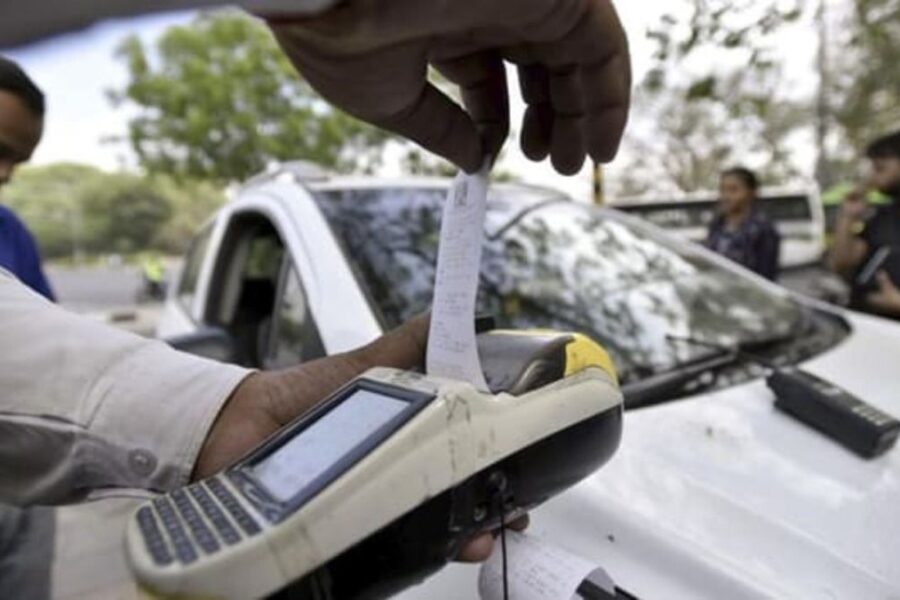Introduction
E-Challan, short for electronic challan, is a digital initiative implemented by the Government of India to modernize and streamline the process of managing traffic violations. This system leverages technology such as CCTV cameras and automated detection mechanisms to identify and record traffic offenses. Through the issuance of electronic notices, vehicle owners are promptly informed of violations, and they can conveniently settle fines through online payment platforms, reducing paperwork and enhancing the efficiency and transparency of traffic law enforcement.
How is E-Challan paid?
The Indian government has made online challan payments incredibly easy. You can utilise the state-specific transportation website of each Indian state to pay for the challan. Using the official government website to make the payment is an additional option. The payment procedure may differ slightly between states. But for the most part, it’s simple.
E-Challan Payment: Offline Process
Challan penalties can be paid offline in two ways.
- Visit Your Nearest Police Station
Find the local police station where the challan was issued to you and pay the fine. Keep your driver’s licence, evidence of address and identity, and the traffic infraction ticket you received from the traffic police with you. Get a receipt after paying with cash or a credit card.
- Pay Through Traffic Police Officer
Locate a traffic police officer who has an electronic challenger. Present your driver’s licence, identification, and challan. Obtain a receipt after paying the fine with cash or a credit card.
Through Virtual Court
Together with the transaction ID, a confirmation email or message indicating successful payment will be delivered. A virtual court is a digital court where the attorney and the violator/litigant communicate digitally to resolve a case involving challan payment. Since the process can take a while, they are not need to be present in person in court. The litigant can work with their attorney to find a solution to the question of how to dispose of a challan in court for additional review.
Steps to follow pay the Virtual Challan
- Use the provided link to access the Court’s virtual portal website. Choose “State” since, as of right now, nine states are utilising the online court system to instruct people on how to resolve court cases.
- After Choosing the state, the portal will take users to a new page where they can enter their party name, Challan number, or mobile number, and car registration number. When you choose the “search details tab,” the virtual court challenge will appear on the screen.
- The information will include the date, location, and mode of the offence. There will be mention of the required fees. To complete the payment for the challan, click “pay now.” Choose the payment method, amount, and identity based on state regulations and necessity. To continue, read or choose the terms and conditions.
- After choosing your preferred payment method and entering your bank information, click “pay now.”
- Together with the transaction ID, a confirmation email or message indicating successful payment will be delivered.
What happens if you don’t pay Traffic E-Challans
If you don’t pay E-challans within 60 days of it being issued, then a police officer will come to your registered address to collect the amount.
If you do not pay E-challans after the court summons, your driving license can be suspended
Conclusion
To reduce the percentage of accidents and infractions of traffic laws, numerous laws have been implemented. The government will be able to lower the violator percentage thanks to this online and offline challenge mechanism.
For someone who is facing a challenge for the first time and is unsure of how to handle it in court, seeking legal advice might be helpful.
We are a law firm in the name and style of Law Offices of Kr. Vivek Tanwar Advocate and Associates at Gurugram and Rewari. We are providing litigation support services related to law matters in India, please do not hesitate to contact us. For someone who is facing a challenge for the first time and is unsure of how to handle it in court, seeking legal advice might be helpful.
Written by: Avichal Singhal Adv.

